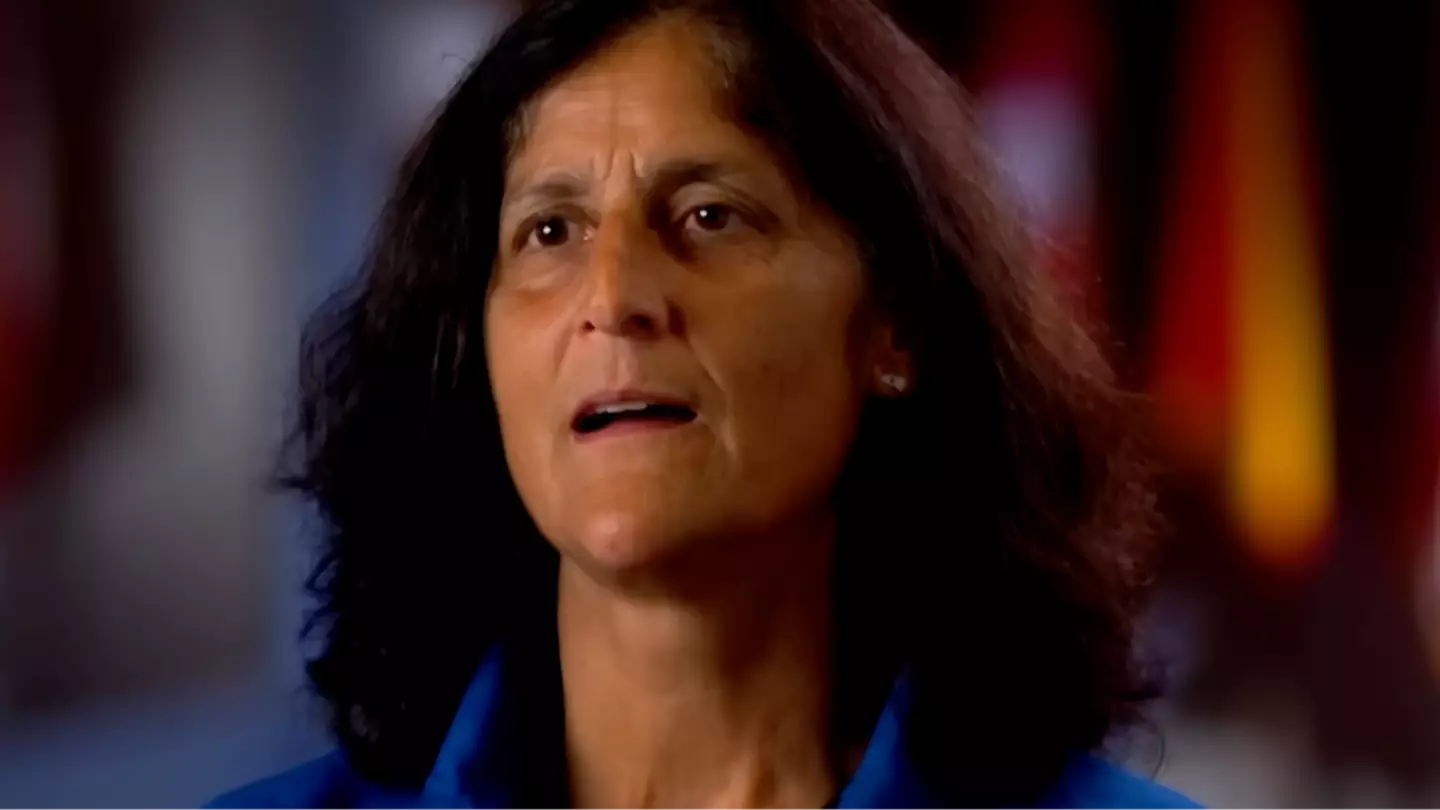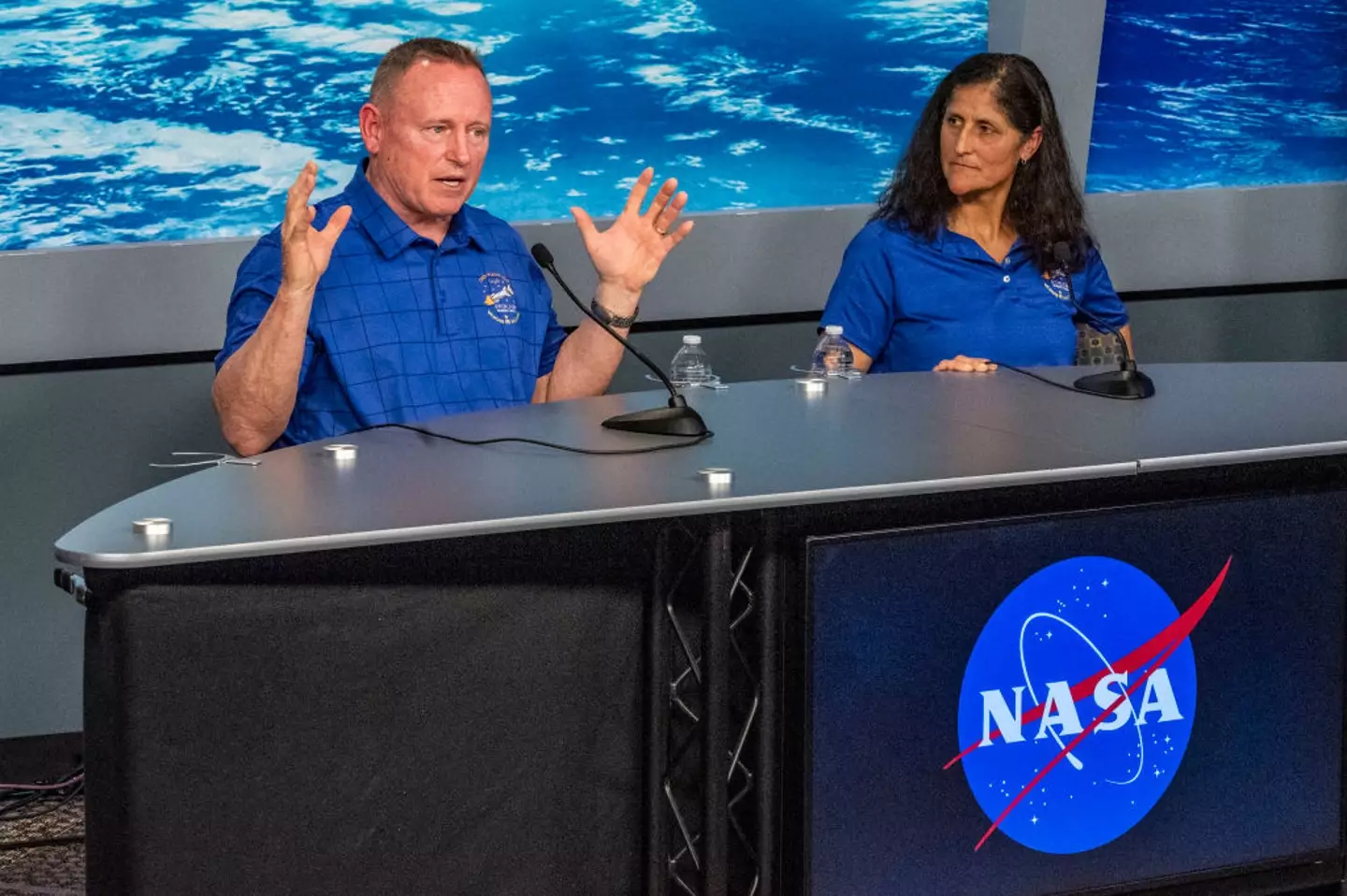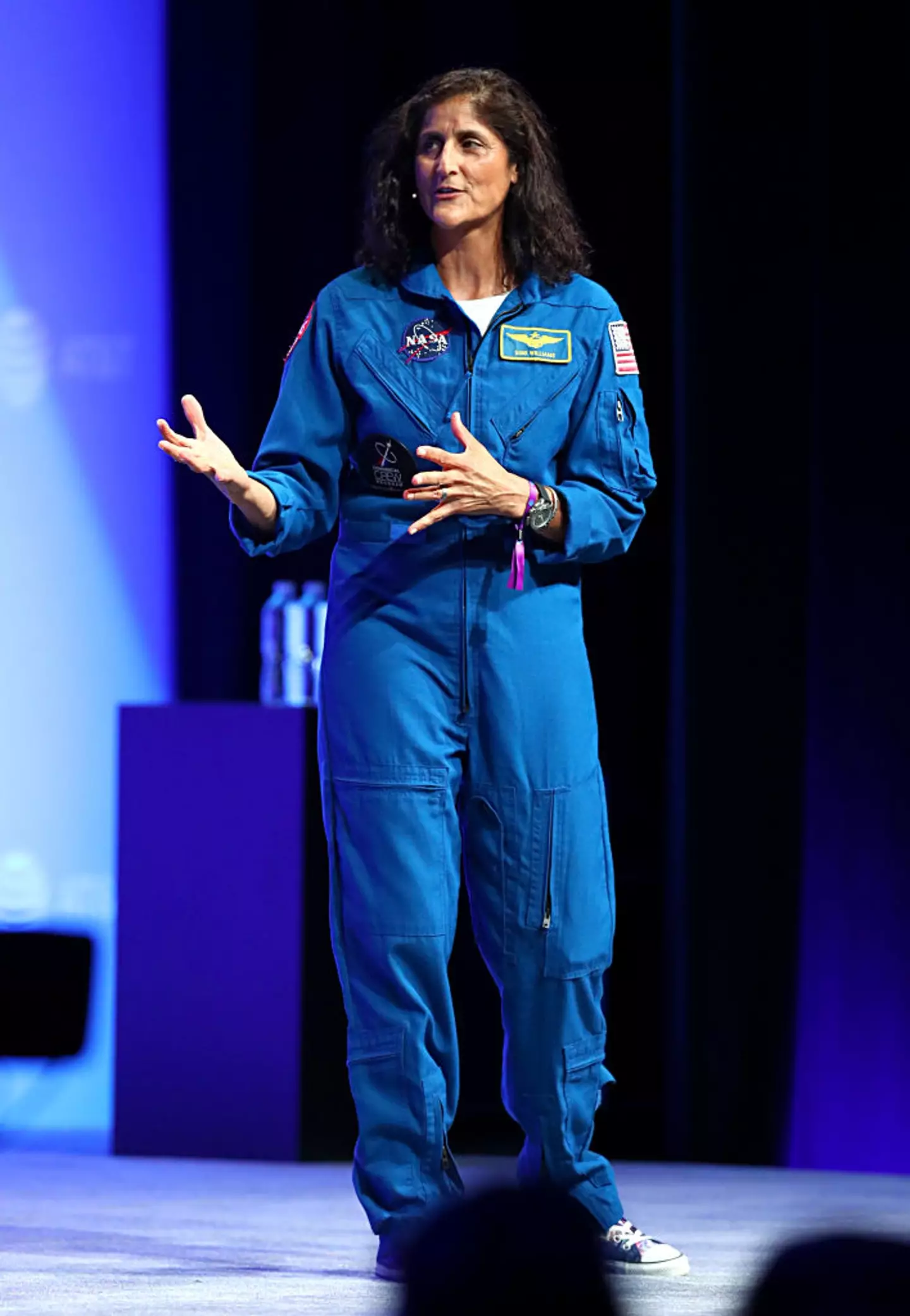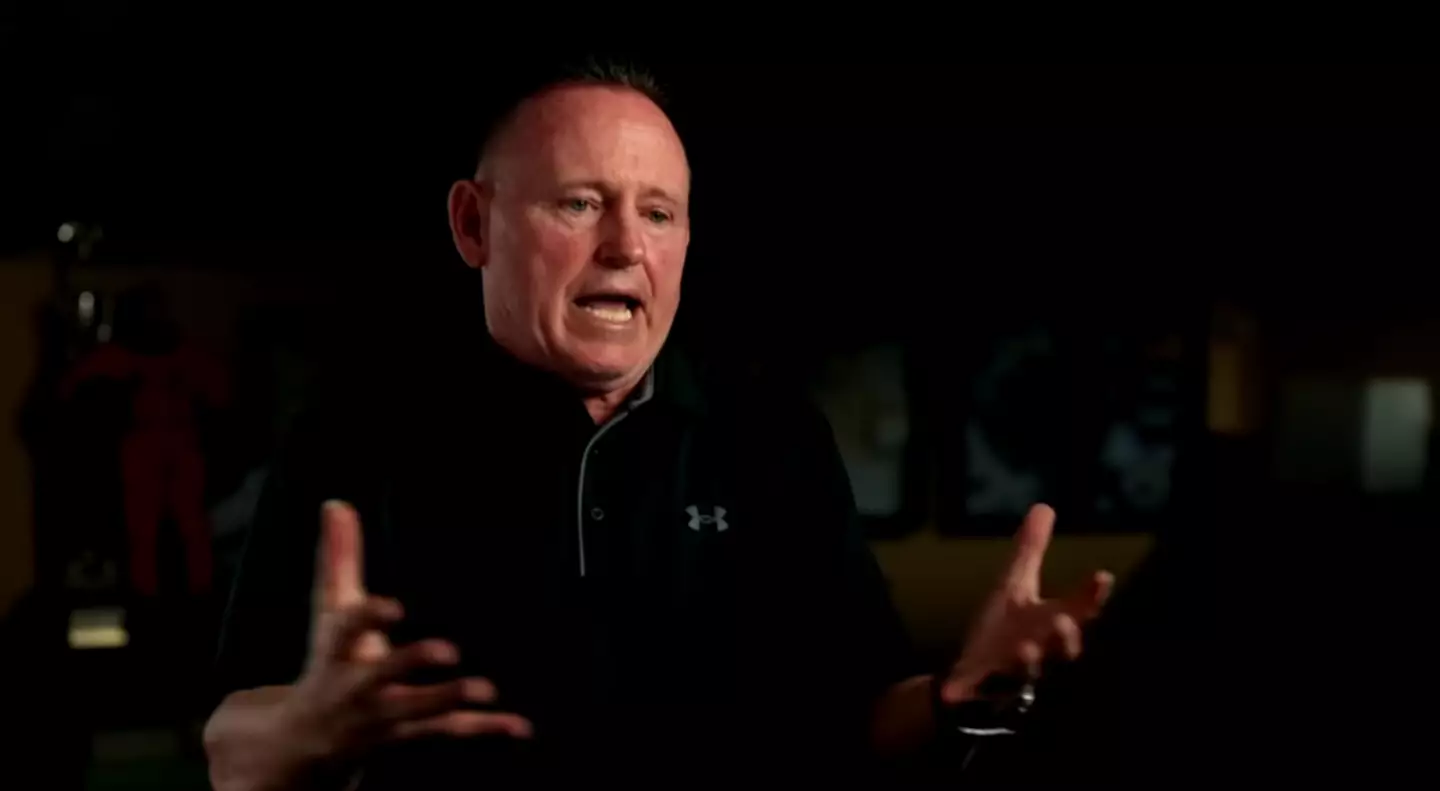
Topics: NASA, Space, International Space Station, US News

Topics: NASA, Space, International Space Station, US News
The NASA astronauts who were 'stranded' in space for months have finally revealed the truth about what really happened.
In March this year, astronauts Barry 'Butch' Wilmore and Sunita 'Sunni' Williams were finally brought back down to Earth after being 'stuck' on the International Space Station (ISS) since June.
What was meant to be a simple eight-day mission turned into a whopping 286 days as technical issues with their return spacecraft canceled the trip home.
Now, the duo have revealed what exactly went wrong.
Advert
Speaking to 60 Minutes Australia, Sunni said their trip out, at least initially, went as smooth as possible.
"The first day was awesome," she said. "The first day the spacecraft worked as designed and flying it was terrific.

"So when we woke up the second day, we were all excited about a rendezvous to the space station and we could see the space station."
Advert
However, it took a turn for the worst when the NASA pros quickly realized there was something wrong as they struggled to manoeuvre.
Sunni explained: "We knew on the second day, before we started losing thrusters, that things were not acting correctly.
"The spacecraft was working hard to keep us on the trajectory of the space station, but it wasn't acting like it was designed to."
Then, they started to lose its thrusters and 'one after another' the 60-year-old said they knew 'something was absolutely wrong'.
Advert
"And as soon as the automated burn started happening, it sounded different.
"I think both of us were like, 'does that sound right?' Because you can tell when things are working by the way they sound, right? Like your car is the same way.
"If it sounds a little different, you're sort of questioning yourself, like 'am I hearing something?'"

Advert
The problem meant Butch and Sunni were left with a tough call: return to Earth or attempt a risky manoeuvre to dock at the ISS.
Recalling the moment Butch, a former US Navy pilot, decided to make the tricky landing. He told the outlet: "We were in a bad situation, no doubt.
"In the history of human space flight, there's only been a few occasions that the spacecraft has lost the ability to fully control in all six degrees of freedom.
"So, you're in a craft that you can barely control. You know, you need to dock, or you might not have a ride back home.
Advert

"We had to dock," he added. "We had to dock and if we didn't dock, I wasn't sure in the situation we were in that we could actually even make it back to Earth."
Butch said the ISS would be their 'safe haven' if they could dock.
It was later revealed a helium leak caused the thrusters to fail, a scenario that had never been presented to them while training in the simulator.
Advert
As we know, Butch and Sunni managed to safely dock at the ISS, though they had little clue how or when they would be able to get back home.
Fortunately, nine and a half months later, they were brought home aboard the SpaceX Dragon aircraft.